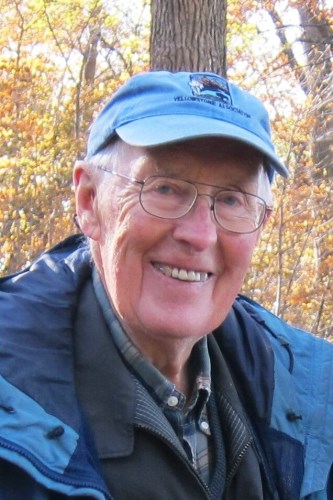Awards
- National Academies - 1965
- American Association for the Advancement of Science

Thomas Brock grew up in Cleveland, Ohio near a farm and forested area–an idyllic environment that fostered his fascination with nature. During his childhood, he was strongly encouraged by his father to attend college and was gifted a chemistry set when he was 10. After graduating high school, Brock joined the U.S. Navy during World War II, where he specialized in radar and electronics technology. He used the G.I. bill to support his pursuit of higher education and attended The Ohio State University in 1946. He earned his B.S. in botany in 1949, a M.S. in mycology in 1950, and his Ph.D. (also in mycology) in 1952.
His scientific career began as a research microbiologist with The Upjohn Company in Kalamazoo, Michigan. In 1957, Brock then went on to join the faculty at Western Reserve University. He then joined the faculty at Indiana University in 1960 as an assistant professor of bacteriology and was promoted to full professorship in 1964.
Funded by a grant from the NSF, his research brought him to Yellowstone National Park to study the microbes living in thermal springs. He spent the following years focused on his discovery of a bacteria named Thermus aquaticus that lived at temperatures around 70 degrees Celsius. This bacterium would serve as a source of the temperature-resistant enzyme Taq polymerase, a critical component of polymerase chain reaction. Decades later, this would become a critical tool in biomedical research and its use to amplify minuscule amounts of DNA. It is now considered the gold standard for detecting the COVID-19 virus.
Brock moved from IU to the University of Wisconsin-Madison in 1971 where he stayed through his retirement in 1990. While there he became chair of the department of bacteriology and held the E.B. Fred Professor of Natural Sciences Emeritus title.
Following his retirement, he and his second wife, Kathie, spent the last decades of his life developing strategies to restore oak savanna, prairie, and marshland ecology to over 140-acres of overgrown land in the Driftless Area of Wisconsin. Today it is known as Pleasant Valley Conservancy State Natural Area, contributing to our ongoing study of ecological restoration processes and creating a space for all nature lovers.
Brock passed away on April 4, 2021 at the age of 94.